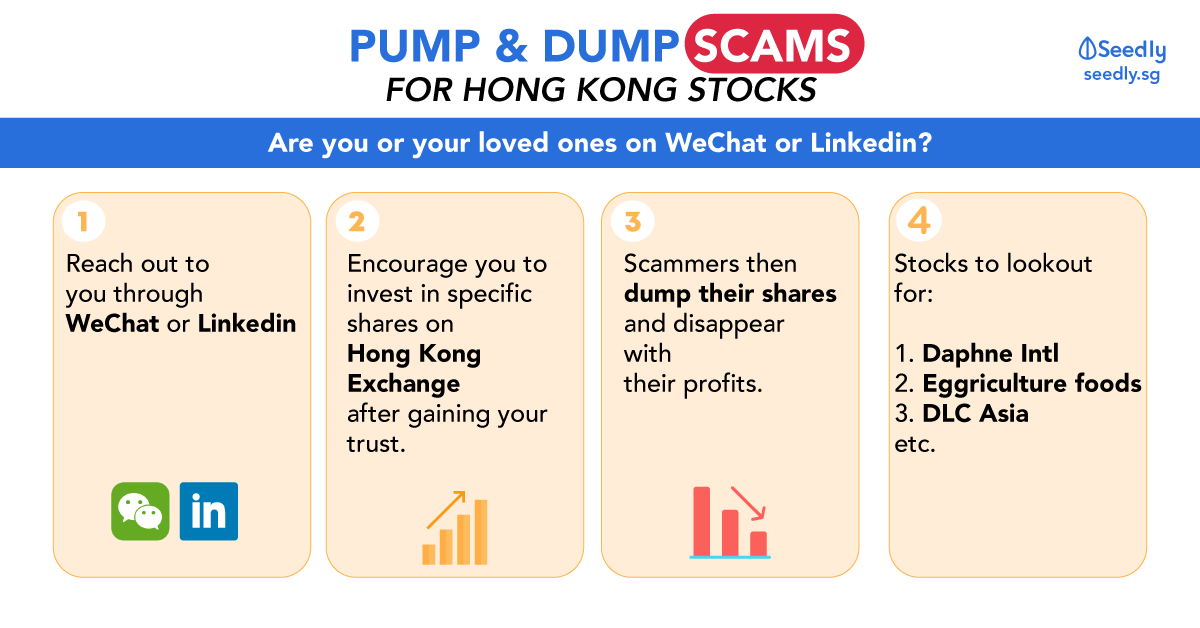Advertisement
Anonymous
What are some good Hong Kong ETFs to consider buying?
What should I look out for?
9
Discussion (9)
Learn how to style your text
Reply
Save
Chong Ser Jing
04 Nov 2019
Former Writer/Analyst at The Motley Fool Singapore
Hello! I wrote a long answer to a similar question on Seedly on what to look out for when choosing ETFs. For the sake of your convenience, I've shared the answer again below. Kenneth and Kelly Trinh have both mentioned the 2800 HK Tracker Fund. It does well against all of the points I shared regarding the things to look out for when choosing an ETF to invest in.
"There are a few things to keep in mind when searching for ETFs to invest.
1) The gap between a positive macro-economic trend and stock price returns can be a mile wide. For example, gold was worth A$620 per ounce at the end of September 2005 and the price climbed by 10% per year for nearly 10 years to reach A$1,550 per ounce on 15 September 2015. But an index of gold mining stocks in Australia’s market, the S&P / ASX All Ordinaries Gold Index, fell by 4% per year from 3,372 points to 2,245 in the same timeframe. In another example, see the chart below on the disparity between the stock market returns and economic growth for China and Mexico from 1992 to 2013. Despite stunning 15% annual GDP growth in that period for China, Chinese stocks actually fell by 2% per year; Mexico on the other hand, saw its stocks gain by 18% annualised, despite its economy growing at a pedestrian rate of just 2% per year. So when finding themes to invest in via ETFs, make sure that the macro-economic theme you're betting on can translate into commensurate stock market gains. 
2) ETFs can mimic the performance of a stock market index through two broad ways: Synthetic replication, or direct replication. Synthetic replication involves the use of derivatives without directly investing in the underlying assets. It is the less ideal way to build an index-tracking ETF, in my view, because there is more complexity involved and hence a higher risk that a large proportion of the underlying index’s performance can’t be captured. Direct replication has two sub-categories: (a) Representative sampling, where the ETF holds only a sample of the stocks within an index; and (b) full replication, which involves an ETF buying the same stocks in nearly identical proportions as the weights of all the stocks that make up an index. Try to look for ETFs that utilise full replication if possible.
3) Look for an ETF that is managed by a reputable fund management company. For example, Vanguard, SPDR, iSHAREs, Blackrock are just some examples of reputable providers of ETFs.
4) Ideally, an ETF should have a listing history of at least a few years, so that we can see how the ETF has actually done, and not just rely on the performance of the underlying index.
5) The expense ratio (essentially all of the fees that an investor has to pay to the provider of the ETF) should be low. There's no iron-clad rule on what "low" means, but I think anything less than 0.3% for the expense ration can be considered low. Having a low expense ratio puts an ETF on the right side of the trend of investment dollars flowing toward low-cost index tracking funds, which lowers the risk of an ETF’s manager closing the ETF down for commercial reasons.
6) The amount of assets under management for an ETF should also be high (ideally more than US$1 billion). Having high assets under managment for an ETF would also lower the chance that the ETF will close in the future. It's not uncommon for ETFs to close. When a closure happens, it creates hassle on the investors' part to find new ETFs to invest in.
7) Lastly, look for a low tracking error. An ETF's returns should closely match the returns of its underlying index. If the tracking error has been high in the past, there's a higher chance that the ETF can't adequately capture the performance of its underlying index."
Reply
Save
Kenneth Lou
04 Nov 2019
Co-founder at Seedly
I saw the 2800 HK tracker fund as well, seems to contain some pretty interesting mix of companies wh...
Read 2 other comments with a Seedly account
You will also enjoy exclusive benefits and get access to members only features.
Sign up or login with an email here
Write your thoughts
Related Articles
Related Posts
Related Posts
Advertisement









ETF selection:
-high AUM
-very low TER
-physical replication (in Europe there are synthetic SWAP constructed ETFs, avoid!)
-avoid leveraged or inverse ETFs
-avoid currency hedged ones